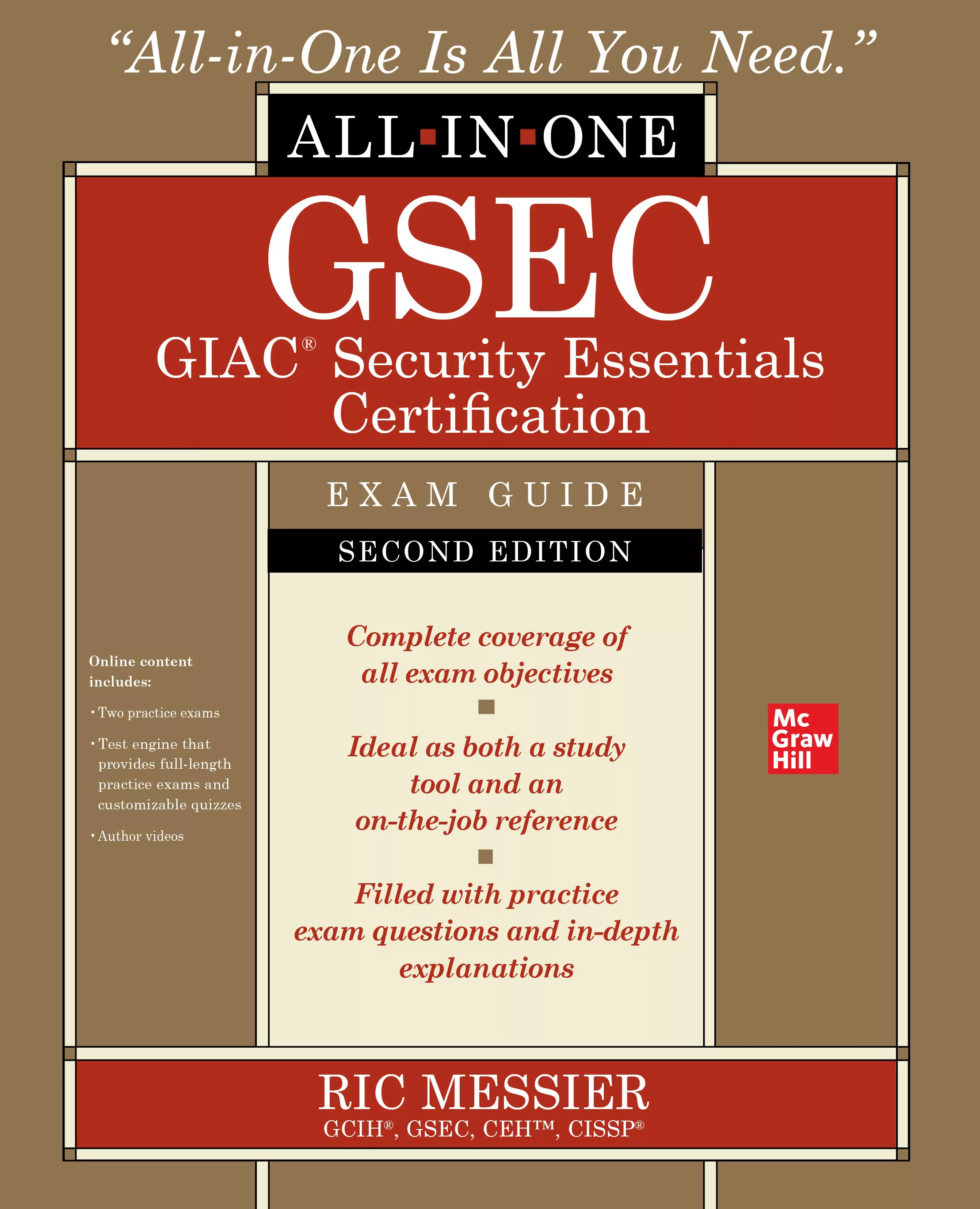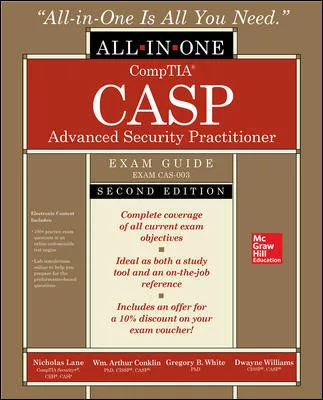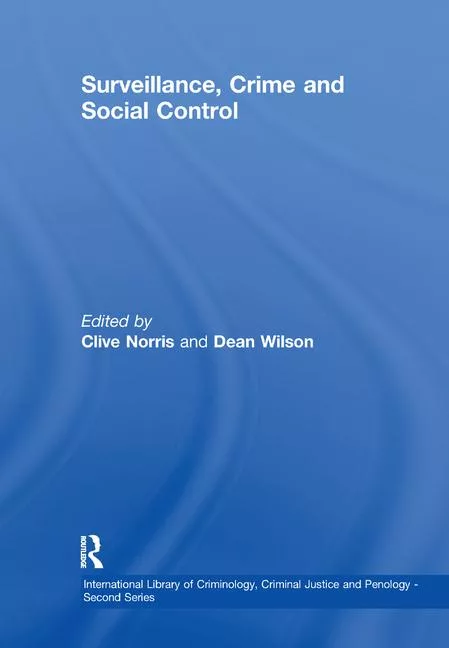Purdue offers new online social engineering, digital forensics and new cybersecurity certification prep courses

Purdue University is offering new cybersecurity short courses in social engineering and digital forensics as part of a growing suite of offerings through the Purdue Polytechnic Institute’s Cyber Education Network Training Resources (CENTR).
CENTR is an umbrella organization that provides cybersecurity education and workforce training aimed especially at companies, other organizations and working professionals. Among other things, CENTR offers certification exam preparation, boot camp-style training sessions and custom security courses – now available online through a partnership between the Purdue Polytechnic Institute and Purdue Online.
The courses, set to begin in the first quarter of 2021, are taught, and in many cases designed, by Purdue’s world-class cybersecurity faculty and offer gold standard continuing education credit from Purdue.
Demand for the online social engineering and digital forensics short courses, which generally entail about 40 hours of learning, was apparent in a survey CENTR did of industry partners. Cybersecurity overall is a high-demand field with the need for trained professionals far exceeding the supply. More than 300,000 people are needed to fill cybersecurity jobs currently, according to the National Institute of Standards and Technology.
“The demand for trained cybersecurity defenders is not going away,” said Marcus Rogers, a cyberforensics professor in Purdue’s Department of Computer and Information Technology and executive director of CENTR. “If anything, it is even greater whenever there is an economic downturn with higher unemployment, which tends to increase cybercrime.”
The online social engineering short course covers techniques, including deception and manipulation, used by cybercriminals to gain access or information by inducing individuals to compromise security. The course introduces learners to the psychological principles that underlie social engineering, to some of the tools commonly used in social engineering attacks and to methods for preventing and mitigating social engineering attacks.
In 2018-19, most recorded security compromises involved some form of social engineering. Phishing emails are a common example, but by no means the only threat, said Ida Ngambeki, assistant professor in the Department of Computer and Information Technology at Purdue, whose research focuses on cybersecurity education.
“Social engineering is highly prevalent, and the people behind these attacks are coming up with new approaches all the time,” Ngambeki said.
Digital forensics includes the identification, collection and preservation of digital data and evidence essential to mitigating and prosecuting cybercrimes. Purdue’s online short course will introduce learners to the fundamentals of digital forensics and cybercrime scene analysis, including relevant laws and regulations, international standards for forensic analysis and methods for conducting forensic investigations.
In addition to the two short courses, Purdue also is offering new online certification preparation courses for the CompTIA Security+ exam and the Certified Information System. Security Professional (CISSP) exam, in addition to the online Certified Ethical Hacker exam prep course Purdue announced earlier.
“Security+ and CISSP are probably two of the most popular certifications offered now,” Rogers said.
CompTIA Security+ is a globally recognized certification covering core functions for an information technology security career and is the first security certification IT professionals should earn. Upper-level Purdue students often pursue it to give them an additional valuable credential to go with their degree. Now they can take a preparation course through Purdue and, since the course is online, it also is readily available to Purdue's industry partners and the public, Rogers said.
CISSP is a more advanced certification for professionals with at least five years of experience. Granted by the International Information System Security Certification Consortium, also known as (ISC)², it encompasses expertise across eight security domains: security and risk management; asset security; security architecture and engineering; communication and network security; identity and access management; security assessment and testing; security operations; and software development security.
Those who complete the prep courses successfully receive a voucher to take the certification exams, which is good for a year.
CENTR also plans to add short courses in cybercrime, cloud security, information security ethics and incident response during the summer and fall of 2021.
For more information on CENTR and Purdue’s cybersecurity short courses and certification prep courses visit the CENTR website.
Looking for a reprint of this article?
From high-res PDFs to custom plaques, order your copy today!



.webp?height=200&t=1687529414&width=200)



